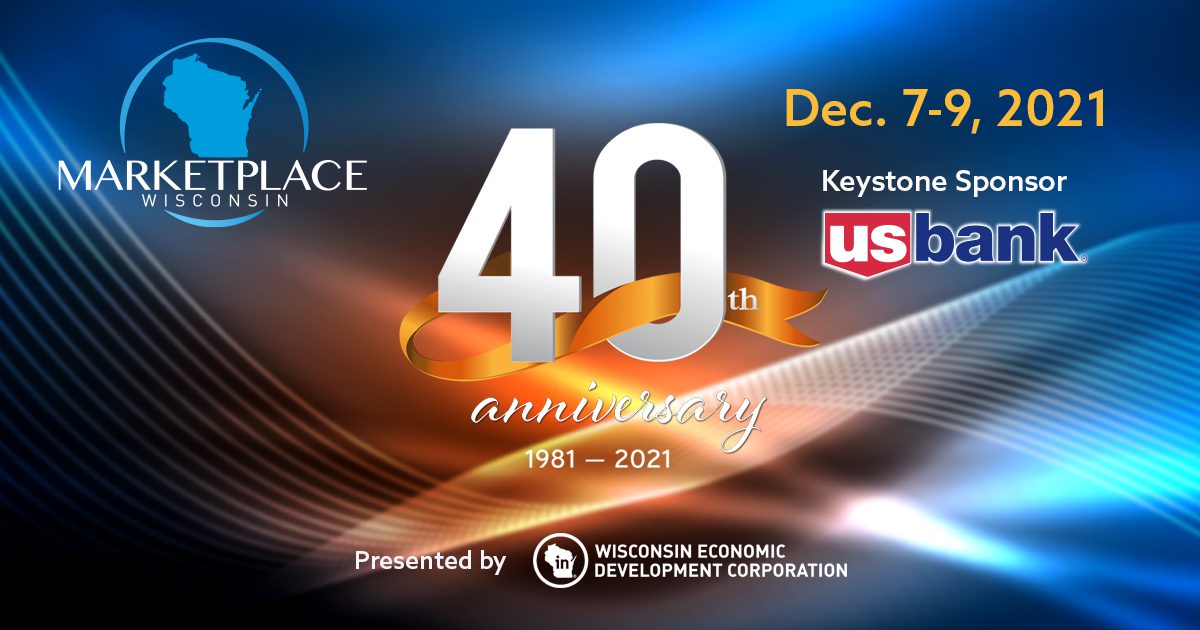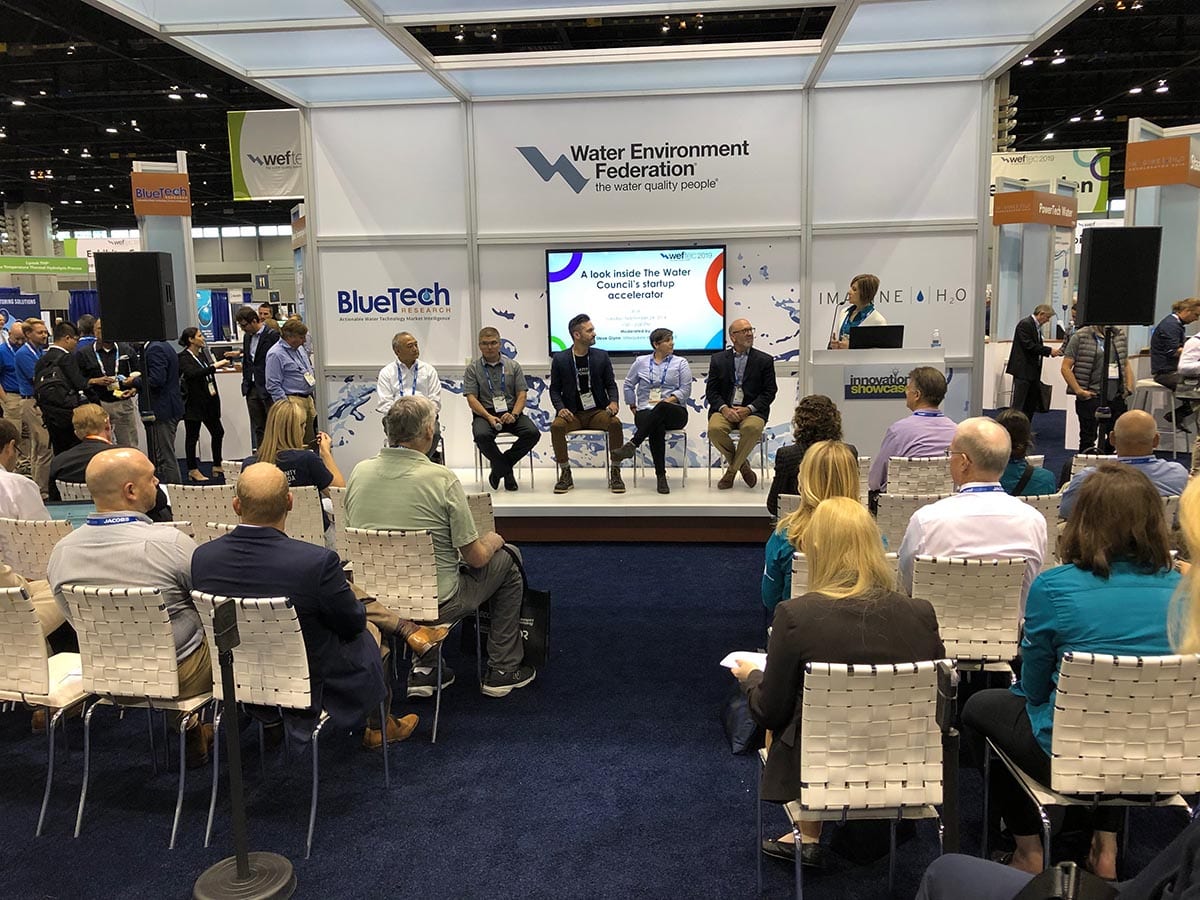
GERMANY AND WISCONSIN: SHARED PAST, STRONG FUTURE
Germany is consistently among Wisconsin’s top export destinations, and was #7 in 2017. This healthy volume of trade reflects a history of German immigration in Wisconsin; mutual strength in manufacturing; and shared emphasis on quality, productivity and a strong work ethic. In all, Wisconsin exported $706 million worth of goods and services to Germany in 2017. The potential exists to increase Wisconsin companies’ sales to German customers even further, and in June 2018, the Wisconsin Economic Development Corporation (WEDC) will be leading a global trade venture to Germany to help Wisconsin exporters find buyers in Germany.
GERMANY OUTLOOK
Germany is the powerhouse of the European economy, with a GDP of $3.5 trillion and a growth rate of 1.9 percent in 2016. The German manufacturing sector accounts for more than one-quarter of value added to the manufacturing sector of the European Union as a whole. Germany’s path to prosperity over the past decade has focused on developing new technologies, driving innovation and leveraging a highly skilled workforce that demands higher wage rates.
Leading categories for Wisconsin exports to Germany in 2016 included industrial machinery (29 percent), medical and scientific instruments (17 percent), miscellaneous chemical products (8 percent), electrical machinery (6 percent) and plastics (6 percent).
Because the economies of Wisconsin and Germany overlap to such a high degree, Wisconsin companies will sometimes find their strongest competitors in Germany, but they will also find business partners that integrate easily into the Wisconsin company’s offerings—for example, a German company may purchase a Wisconsin company’s parts or software to incorporate into its product, or conversely, may supply parts of software for a Wisconsin company’s product. Germany is investing in eco-friendly solutions and technology that improves manufacturing productivity. Medical and scientific instruments are also in high demand. Companies supplying digital solutions, information technology, software, industrial automation, sensors and involved in the Internet of Things can especially expect to find opportunities on this trade venture.
BUSINESS CONNECTIONS
Germany’s economy is highly regionalized, with each area having sectors of specialization. Companies wishing to do business in Germany should familiarize themselves with these regional differences so they can identify the best area for their company to make business connections.
Spanning June 23-30, 2018, the global trade venture to Germany will begin with a segment in Düsseldorf, continue with a day visit to Frankfurt and conclude with a segment in Stuttgart, thus covering three different regions of Germany with strategic importance for Wisconsin companies.
Germany’s Nordrhein-Westfalen region, located in the western part of the country, is the most populous state in Germany, and is home to four of Germany’s 10 largest cities: Köln, Düsseldorf, Dortmund and Essen. This region is a particular hub for industrial machinery manufacturing. The delegation will be staying in the regional capital of Düsseldorf, but businesses may have meetings throughout the Nordrhein-Westfalen region.
Located just to the east of Nordrhein-Westfalen, the Hessen region has had a sister state relationship with Wisconsin for over four decades. Hessen is a hub for finance and distribution, as well as chemicals and pharmaceuticals. The trade venture is expected to include some sort of activity with the Hessen government in honor of the sister-city relationship (most likely in Frankfurt, the region’s largest city and the fifth-largest city in Germany). Trade venture participants will also have the opportunity for meetings in the region depending on each company’s needs relative to potential local partners.
The Baden-Württemberg region, located in the southwestern corner of Germany, is a hub for industrial automation and the automotive industry. Accommodations will be in the regional capital (and Germany’s sixth-largest city) of Stuttgart, but participants may have meetings throughout the Baden-Württemberg region.
Each participant in the global trade venture will also receive a Germany market assessment specific to his or her company, detailing considerations to keep in mind when introducing the company’s product or service into the market. WEDC has eyes and ears on the ground in Germany, in the form of Wisconsin’s authorized trade representative—thus making it easier for Wisconsin companies to find local partners they can trust, and taking some of the guesswork out of launching in a new market. Potential business partners and locations to focus on will be identified for you. With all your appointments arranged for you, you can focus on business rather than logistics and scheduling.






